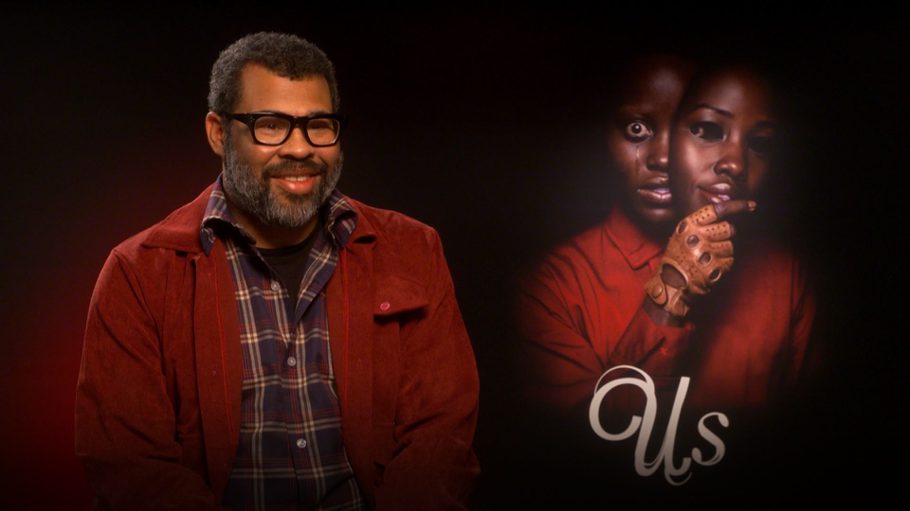On the surface it may seem that horror and comedy represent polar opposite points on the emotional spectrum. The former seeks to terrify and unnerve its audience, while the latter sets out to make people laugh. However, both provide a sense of escapism that a social drama simply doesn’t have. And as any fans of Sam Raimi’s Evil Dead franchise will know, comedy and horror can often intertwine. In recent years, no filmmaker has pulled that off more effectively than Jordan Peele. From his early days on madTV and Key and Peele to directing an Oscar-winning masterpiece like Get Out, he’s demonstrated how these two seemingly opposite genres can brilliantly coexist.
“Intense” Comedic Origins
Part of what made Key and Peele such a smashing success (other than the immense talent of the two leads) was that each sketch treated itself with the utmost sincerity and intensity. Unlike other sketch comedies, which usually go for slapstick, Peele aimed for sketches that played out like serious scenes from dramatic films and allowed the comedy to come from either the absurdity of the situation, or the subversion/analysis of a certain social norm. One sketch that brilliantly demonstrates this style is the parody of Family Matters. We see Jordan Peele as a distraught Reginald VelJohnson, going to the office of a coked-out ABC executive (played by Keegan-Michael Key).
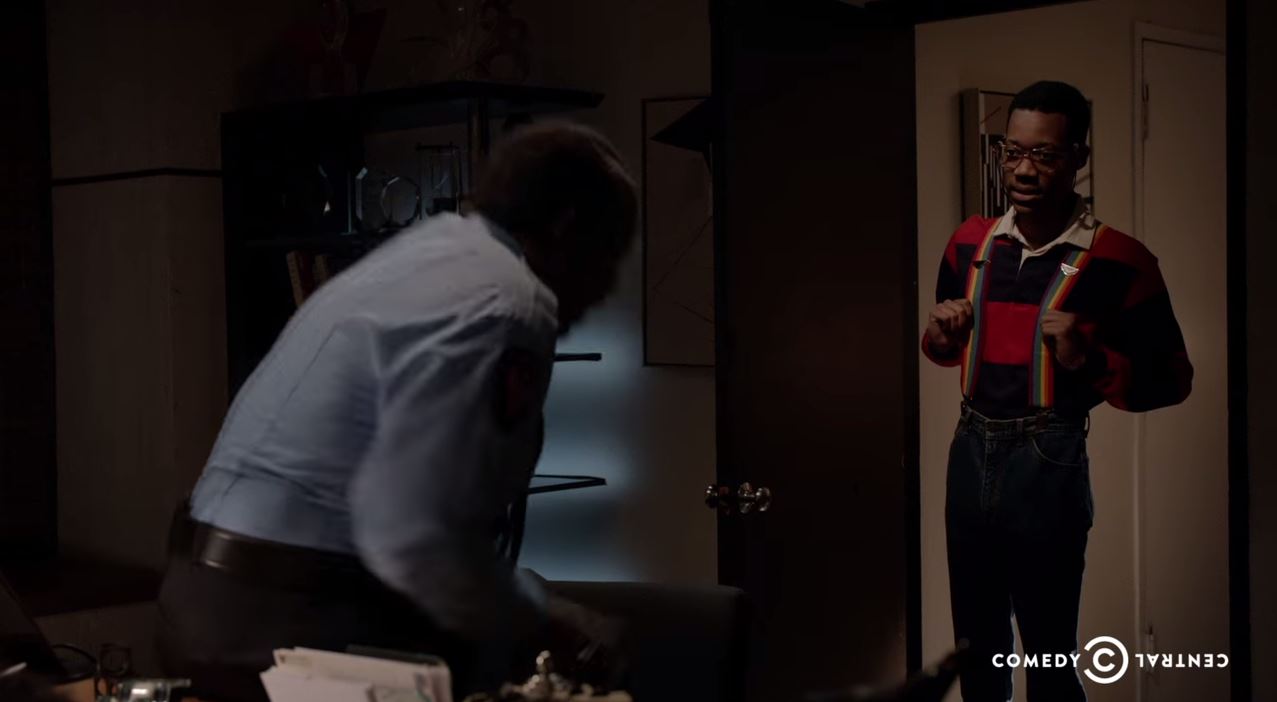
It begins with VelJohnson complaining that Steve Urkel and his hijinks are taking over the storylines of the TV show, and that the original idea of it being about a family is diminishing. It quickly goes down an incredibly dark (but hilarious) path as it’s revealed that no one dares cross Urkel actor Jaleel White, as he intimidates and commits murder via telepathy. On the surface it just seems like a ridiculous and funny sketch, but when looking at it closely, we can start to see the same dark intensity in tone that Peele would later use when directing Get Out. He was showing us all along that he had the skills to pull off a dramatic horror scene, even one that wouldn’t necessarily be played for laughs.
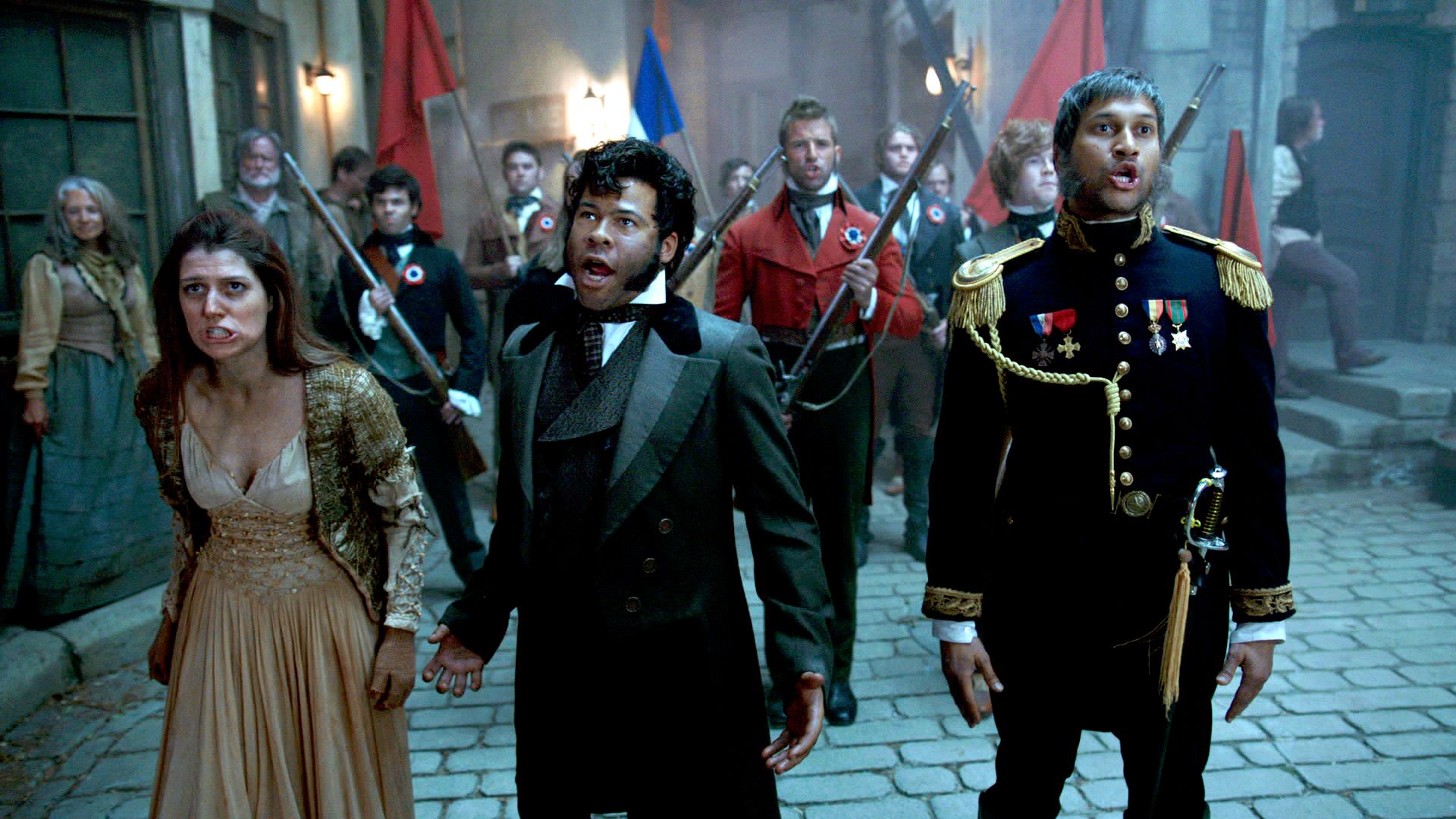
Horror with Something to Say
Some were surprised when Peele moved from sketch comedy to writing and directing a horror film, but upon its release, Get Out showed that he could use both comedy and horror in a perfect blend. The film has all the beats of a paranoia-inducing horror story, but at the same time is pretty hilarious, without ever delving into parody. Peele understood that audiences are often on the verge of laughing when frightened, simply as a means to break the tension. And this is no better represented than the best friend character of Rod (played by Lil Rey Howery). He serves as a stand in for the viewers themselves.
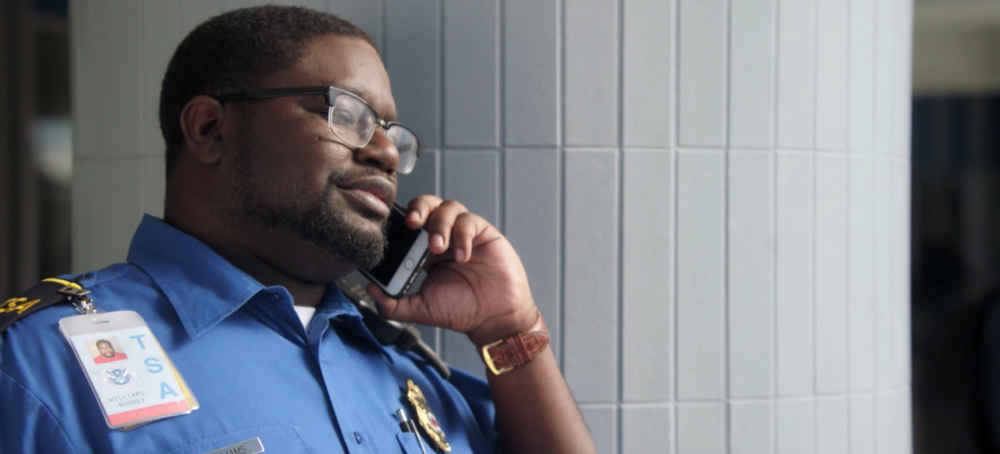
And somewhere in all the frights and laughs, Peele managed to make bold statements about race relations, identity politics, and other social norms. Get Out mocks certain white liberals who profess themselves to be progressive, all while actually belittling minorities, but then this is what Peele was always doing. One such sketch on Key and Peele had the titular stars at the Confederate base camp of a Civil War reenactment. As these men, dressed in their signature gray uniforms, lament over the lost beauty of the Southern way of life, Key and Peele come in pretending to be slaves and act in the most offensively, over the top and stereotypical manner they can. But in doing so, Peele was sarcastically roasting those who feel nostalgic for the old ways of the South, while conveniently overlooking the slavery component.
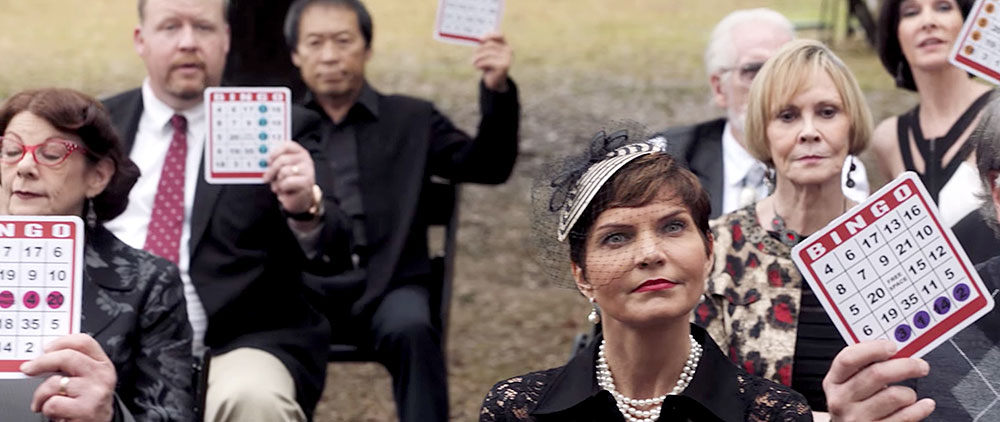
If nothing else, Jordan Peele is a filmmaker with something to say. Sometimes humor is the best way to achieve this, and sometimes you need a scare, but Peele has figured out how to do both. And in doing so, he’s not only won himself an Oscar for screenwriting, but he’s providing audiences with material that they can laugh and scream at. And most importantly, he’s challenging his fans to think!
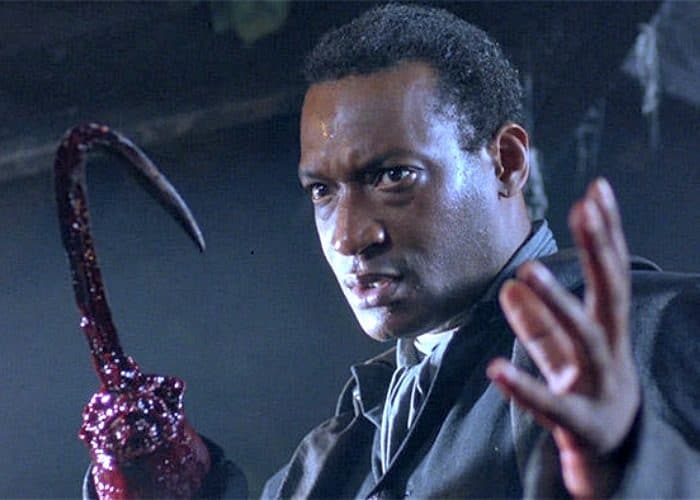
David Pierdomenico is a former History/English Teacher, and a current HR Professional. His dorky passion is an absolute love of film, especially horror and comic book. He is also the author of horror novels Kushtaka and Veritas.
Contact: Facebook / Twitter / Amazon Author Page


